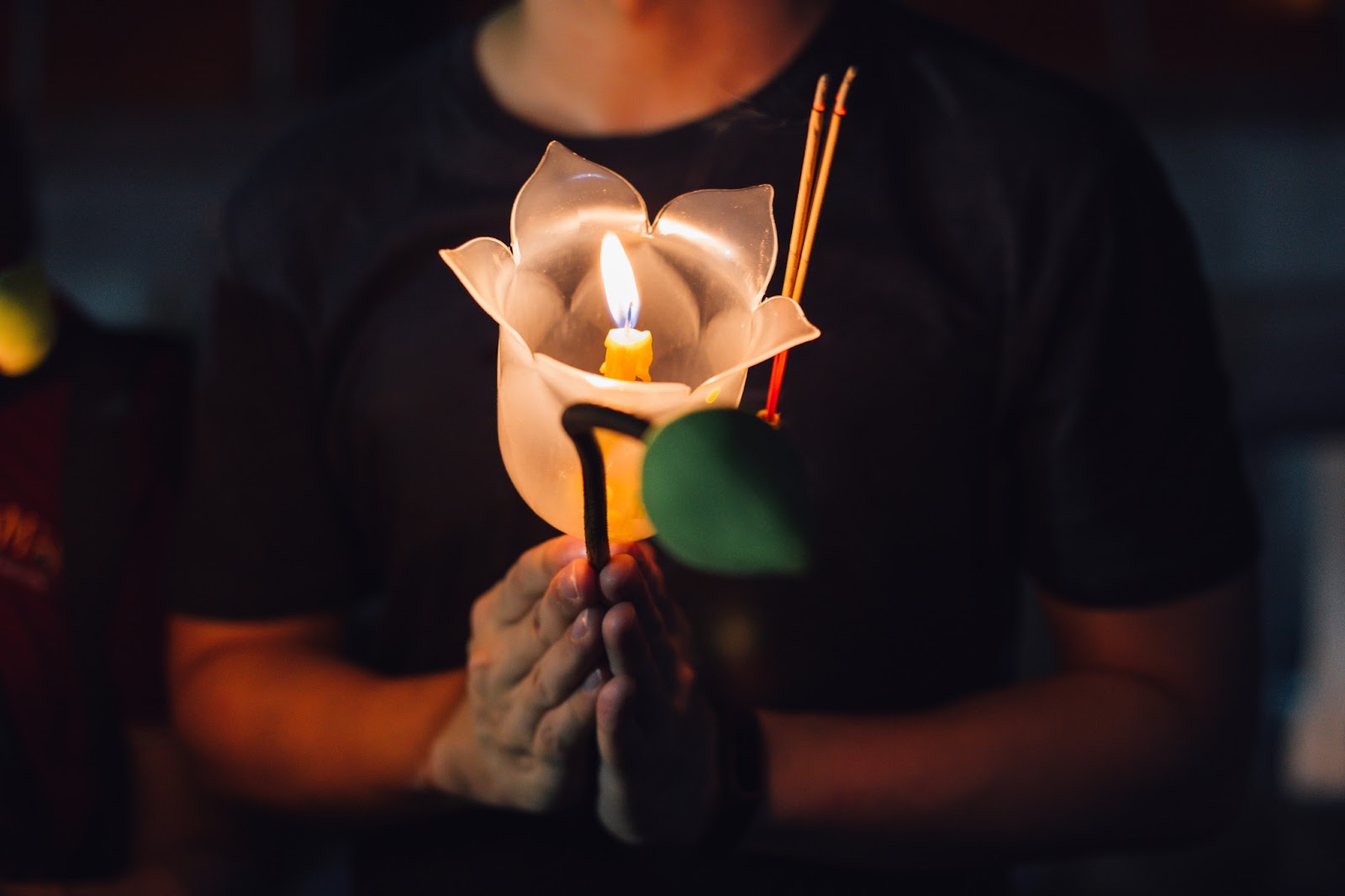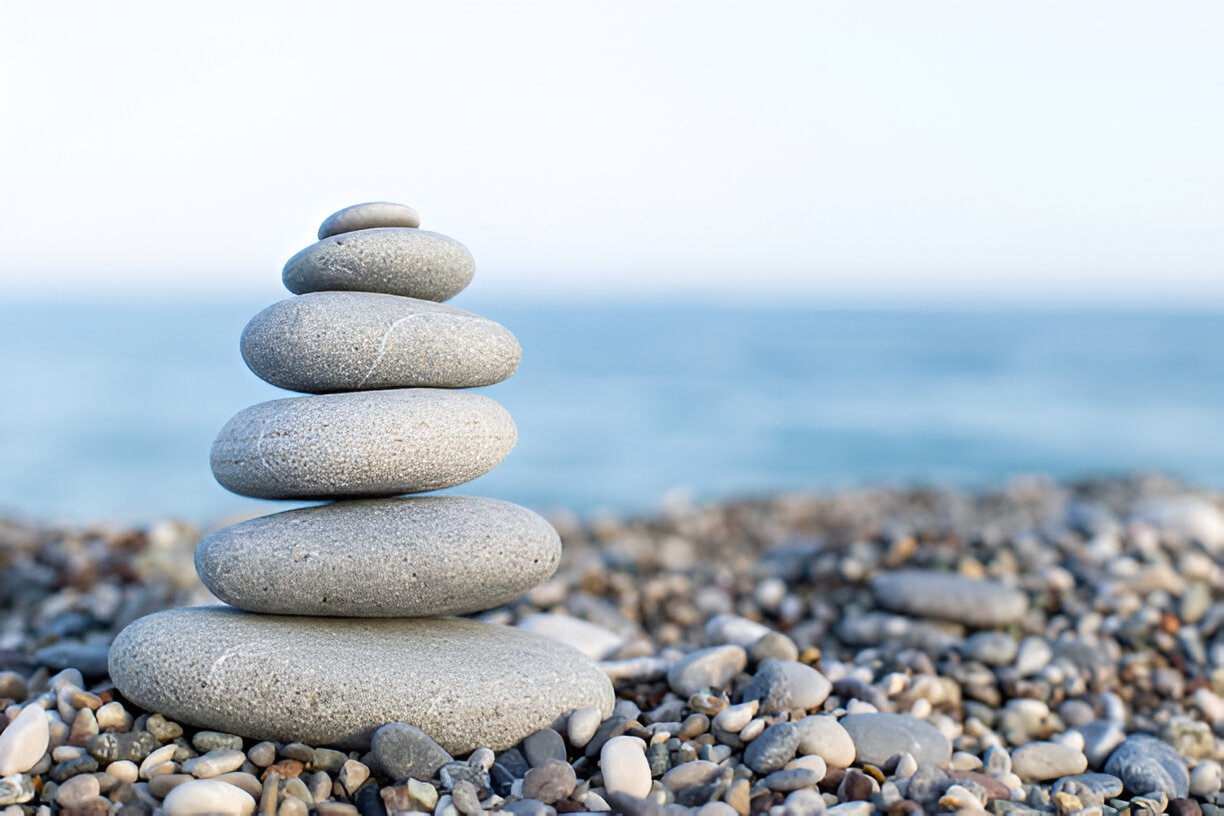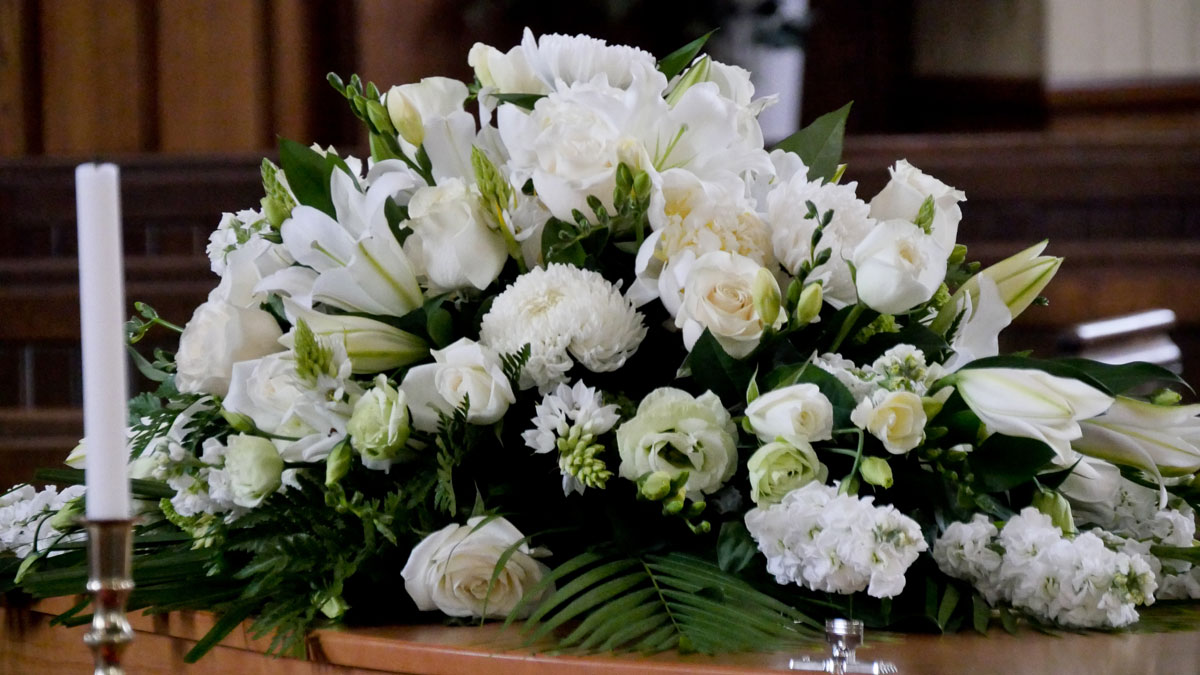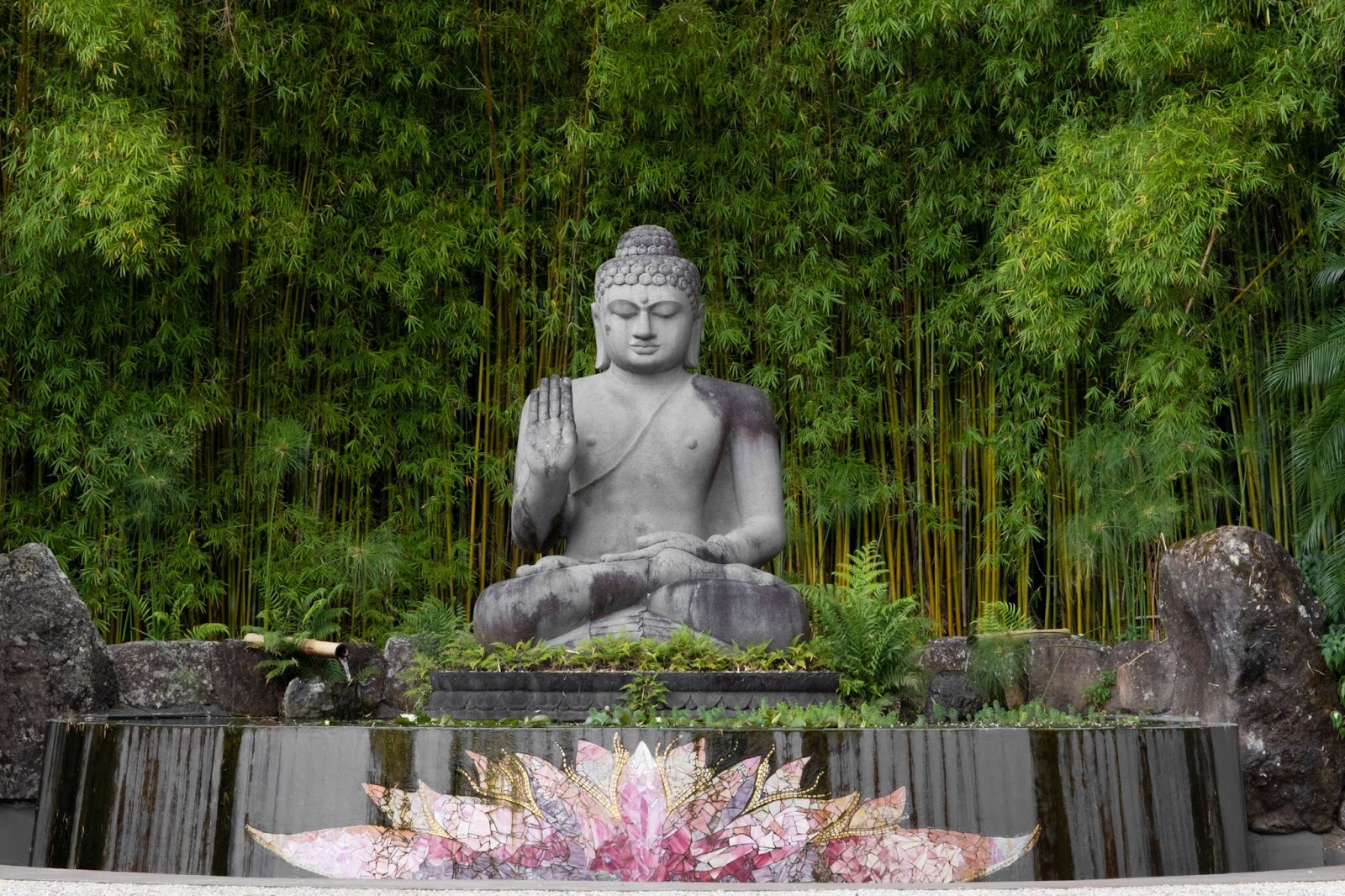Ancestor worship (拜祖先) holds a vital place in Buddhist practices, particularly in Singapore’s multicultural society. Deeply rooted in the teachings of gratitude, respect, and interconnectedness, ancestor worship is not only a spiritual practice but also a cultural tradition that strengthens family and community bonds. This article explores the significance of ancestor worship in Buddhism, its historical and cultural context in Singapore, and the role it plays in the lives of practitioners today.
Historical Context of Ancestor Worship in Buddhism
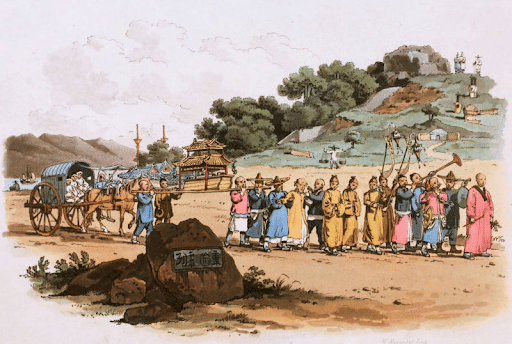
Ancestor worship in Buddhism has its origins in Chinese traditions influenced by Confucian values. Filial piety—the respect and care for one’s parents and ancestors—is a central tenet that aligns with Buddhist teachings on gratitude and karmic responsibility. As Chinese migrants settled in Singapore, they brought these practices with them, weaving them into the fabric of Singaporean culture. Over time, ancestor worship became an integral part of Buddhist rituals in the country, blending seamlessly with local chinese traditions and customs.
Core Beliefs Underpinning Ancestor Worship in Buddhism
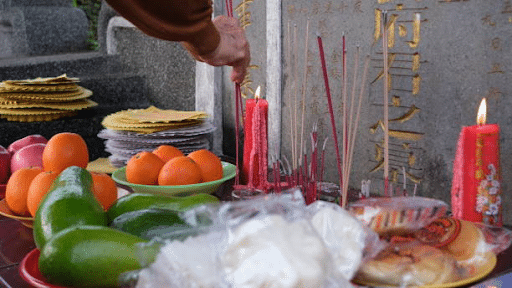
Filial Piety
In Buddhism, ancestor worship is a profound expression of filial piety. Practitioners honor their ancestors as a way of showing gratitude for the sacrifices and guidance of previous generations.
Karma and Rebirth
Buddhist teachings emphasize the cycle of karma and rebirth. Through rituals and offerings, practitioners believe they can generate good karma for their ancestors, aiding them in achieving a favorable rebirth or release from suffering.
Compassion and Interconnectedness
Ancestor worship reflects the Buddhist ideals of compassion and interconnectedness. Recognizing the collective impact of one’s lineage on spiritual growth encourages practitioners to nurture a sense of gratitude and responsibility toward their ancestors.
Ritual Practices of Ancestor Worship in Singapore
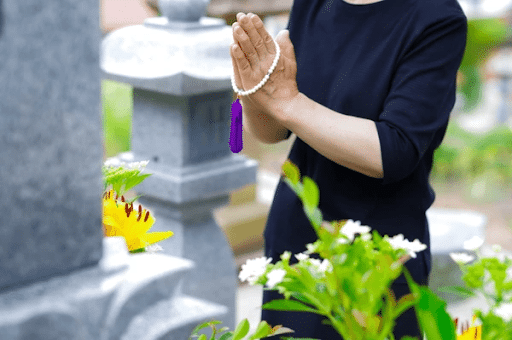
Offerings and Prayers
Common practices include offering food, incense, and prayers to honor deceased family members. These rituals often take place at home altars or in temples.
Hungry Ghost Festival
The Hungry Ghost Festival, celebrated during the seventh lunar month, is a significant event where offerings are made not only to one’s ancestors but also to wandering spirits. This festival highlights the importance of compassion and respect for all beings.
Ancestral Tablets and Memorial Services
Many Buddhist households in Singapore maintain ancestral tablets (神主牌) at home, which serve as a focal point for daily prayers. Temples also organize memorial services where families can collectively honor their ancestors through chanting and dedicating merit.
Social and Cultural Importance of Ancestor Worship in Singapore
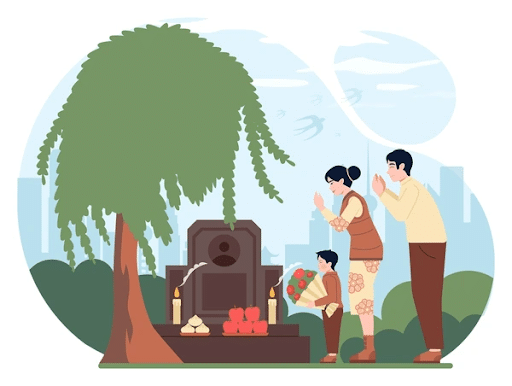
Strengthening Family Bonds
Ancestor worship fosters unity and respect within families. By participating in shared rituals, family members deepen their connections and reinforce their shared heritage.
Preserving Cultural Identity
In a rapidly modernizing society, ancestor worship helps preserve traditional practices, allowing younger generations to remain rooted in their cultural identity.
Community Connections
Ancestor worship extends beyond individual families, creating a sense of community among practitioners. Temples and community centers often serve as gathering points for collective rituals, fostering social bonds.
Spiritual Benefits for Practitioners in Ancestor Worship
Engaging in ancestor worship offers numerous spiritual benefits. Practitioners generate merit by performing acts of devotion and transferring them to their ancestors. These rituals also provide an opportunity for self-reflection, allowing individuals to contemplate the impermanence of life and cultivate humility.
Ancestor Worship Challenges and Adaptations in Singapore
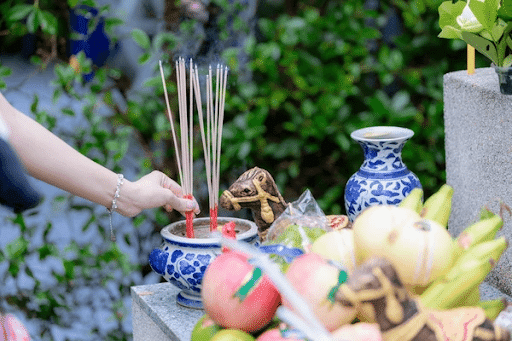
As Singapore modernizes, some challenges arise in maintaining traditional practices. Busy lifestyles and changing attitudes among younger generations can lead to a decline in ancestor worship. However, temples and Buddhist organizations are adapting by incorporating contemporary approaches to engage younger practitioners, ensuring these rituals remain relevant and meaningful.
Conclusion
Ancestor worship in Buddhism is an enduring practice that bridges the spiritual and cultural realms. In Singapore, it serves as a powerful expression of gratitude, filial piety, and interconnectedness, fostering strong family and community ties. By preserving and adapting these traditions, practitioners ensure that ancestor worship continues to be a meaningful part of their spiritual journey, connecting the past, present, and future in a timeless cycle of respect and remembrance.
If you need assistance in funeral services in Singapore, reach out to us now at Memorial Funeral.
We offer 24/7 comprehensive funeral services and solutions for families of all religions. Our team can tailor funeral arrangements to suit your budget and preferences exactly as you desire.
Allow us to assist you during your difficult times in arranging a meaningful funeral service for your loved ones. Contact Memorial Funeral today for more information.

